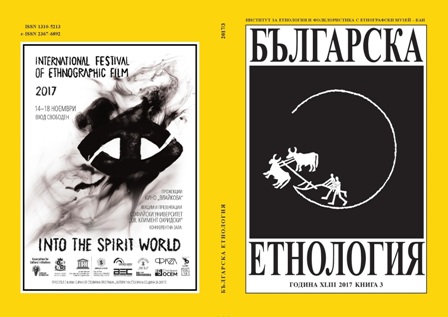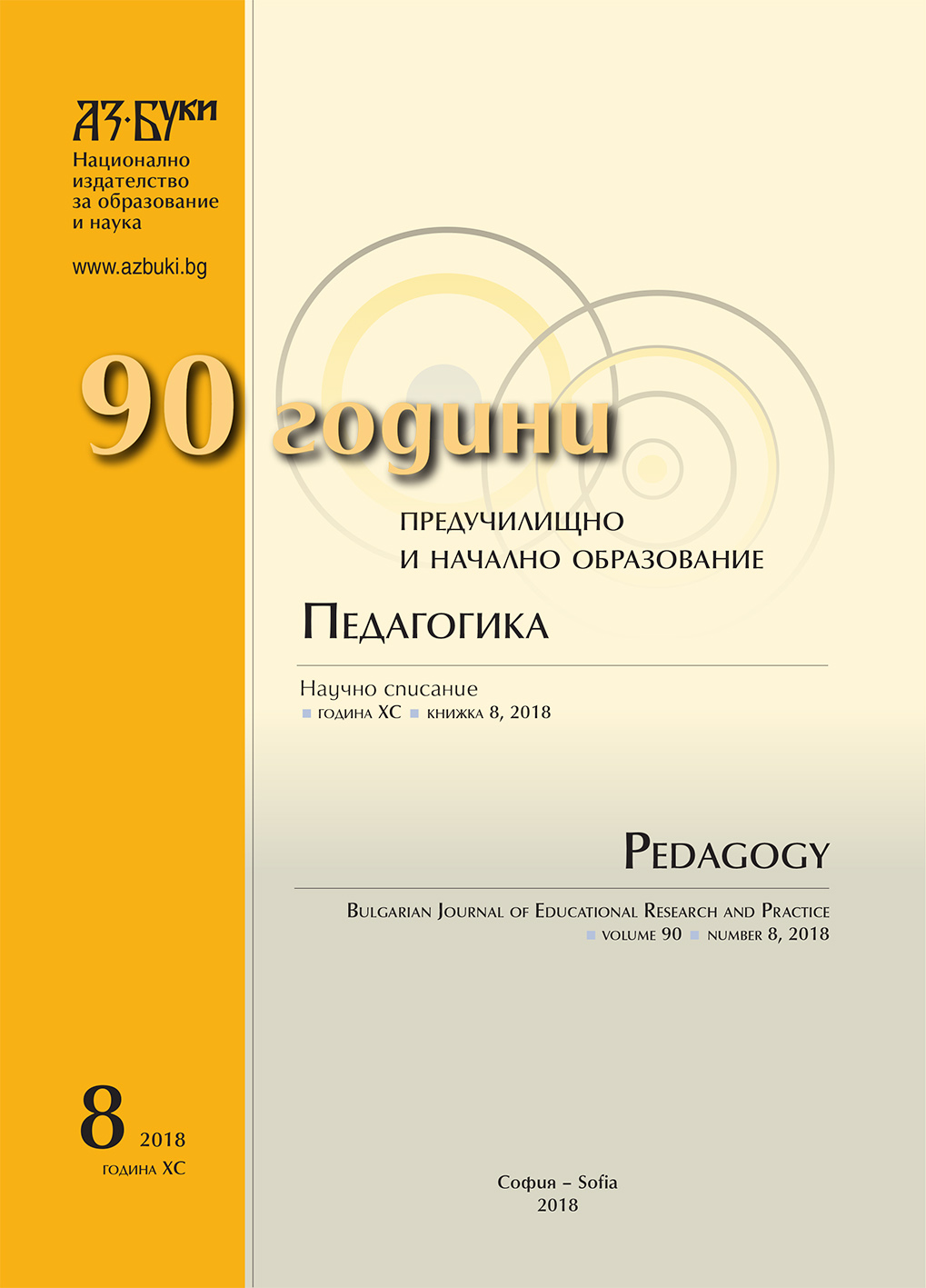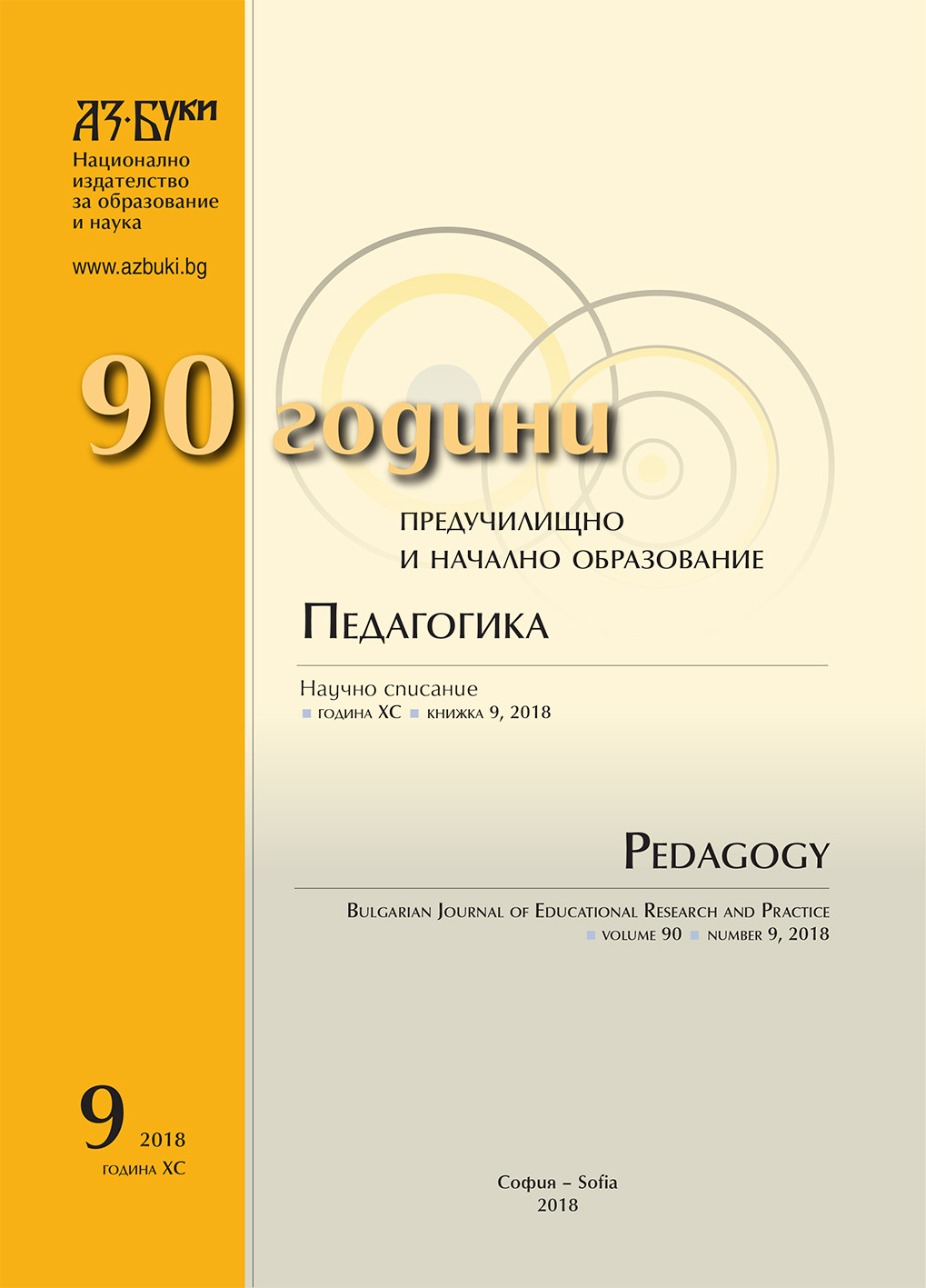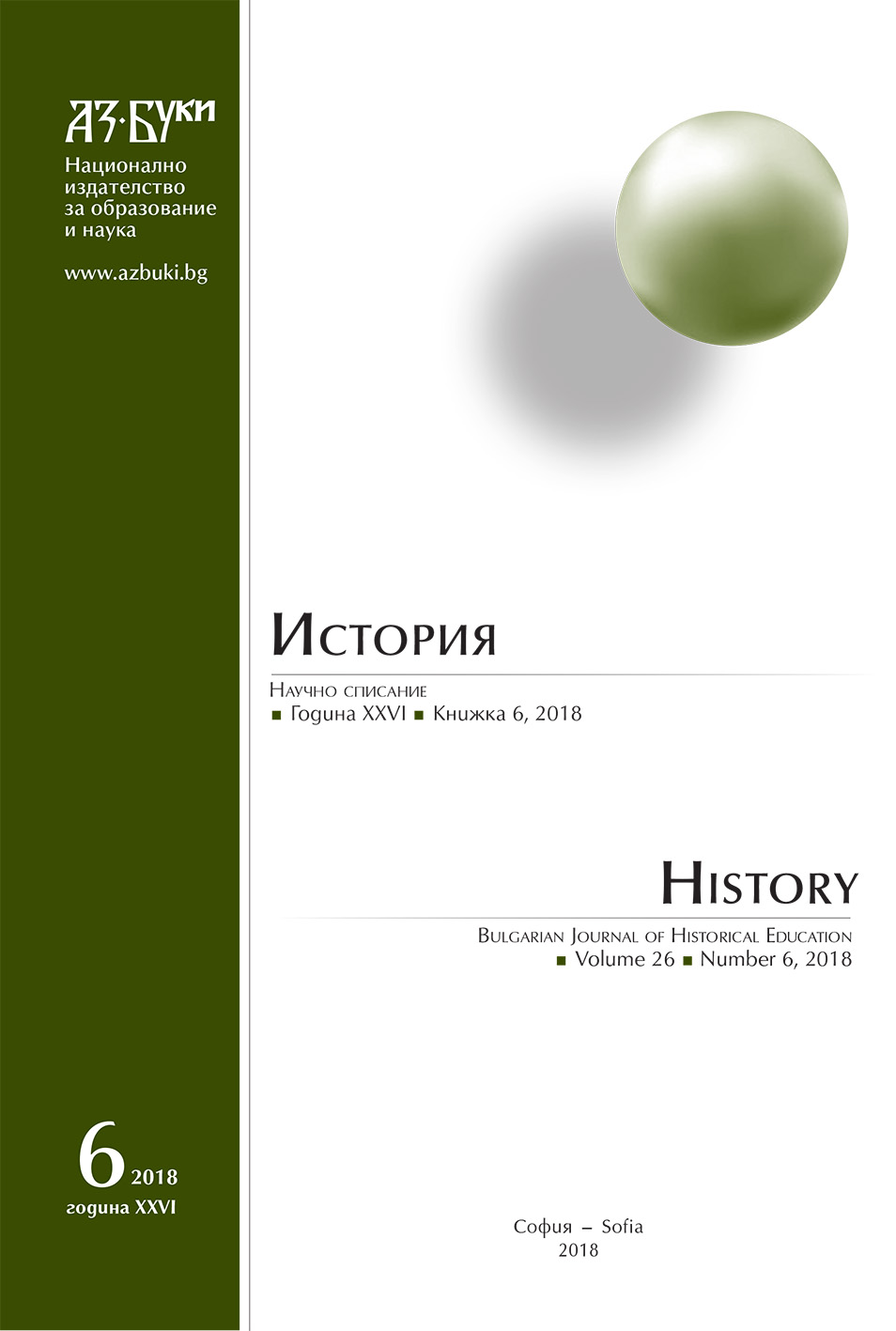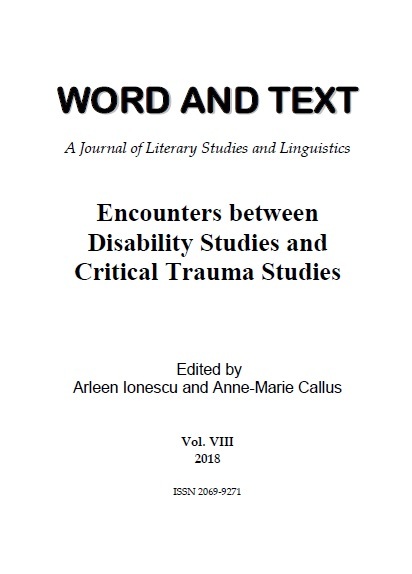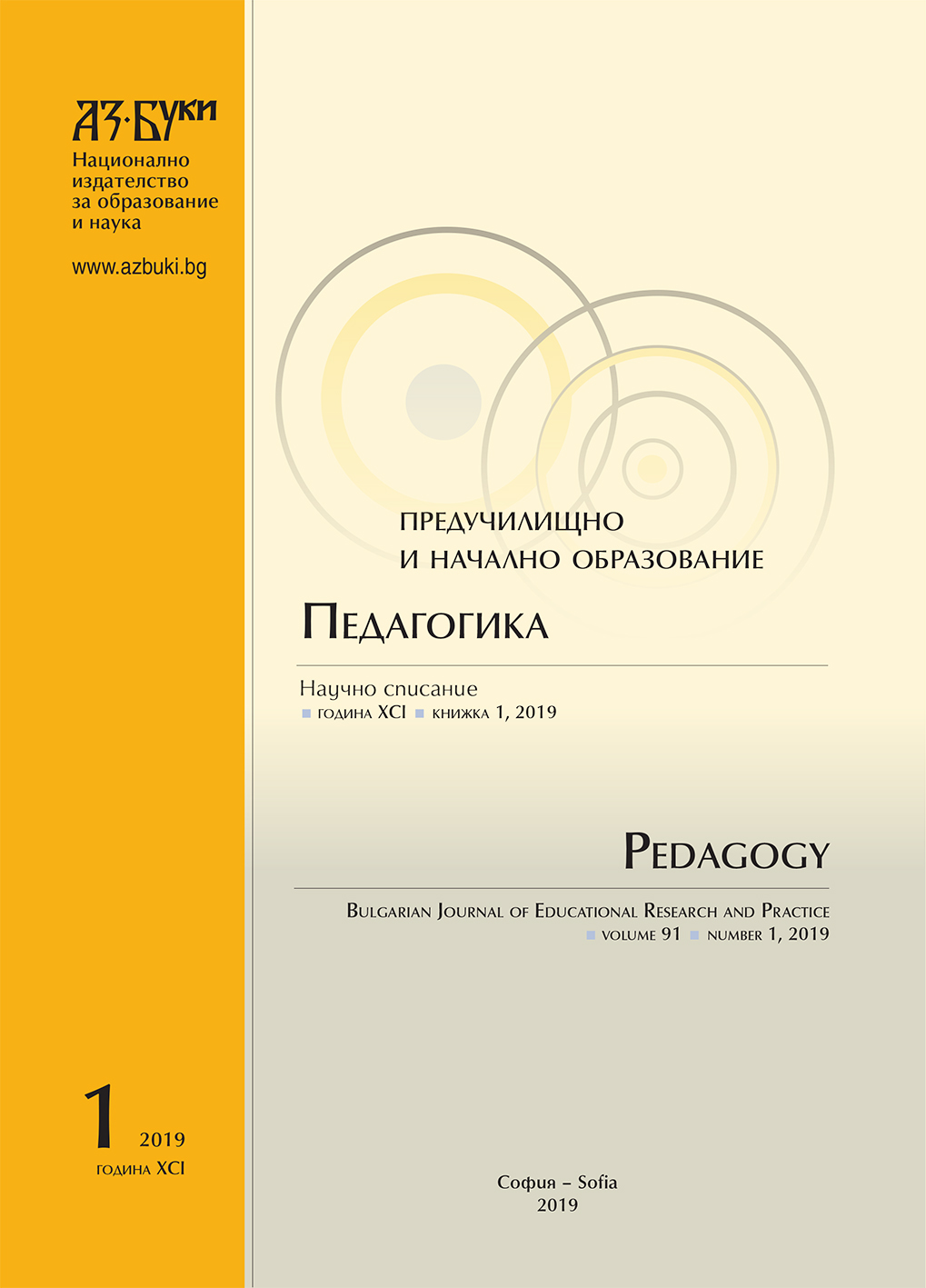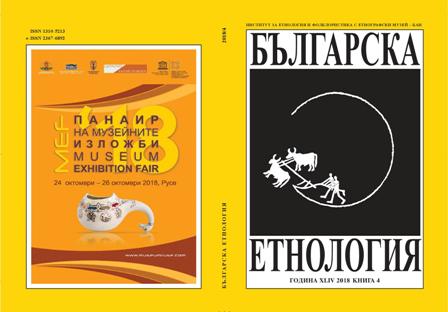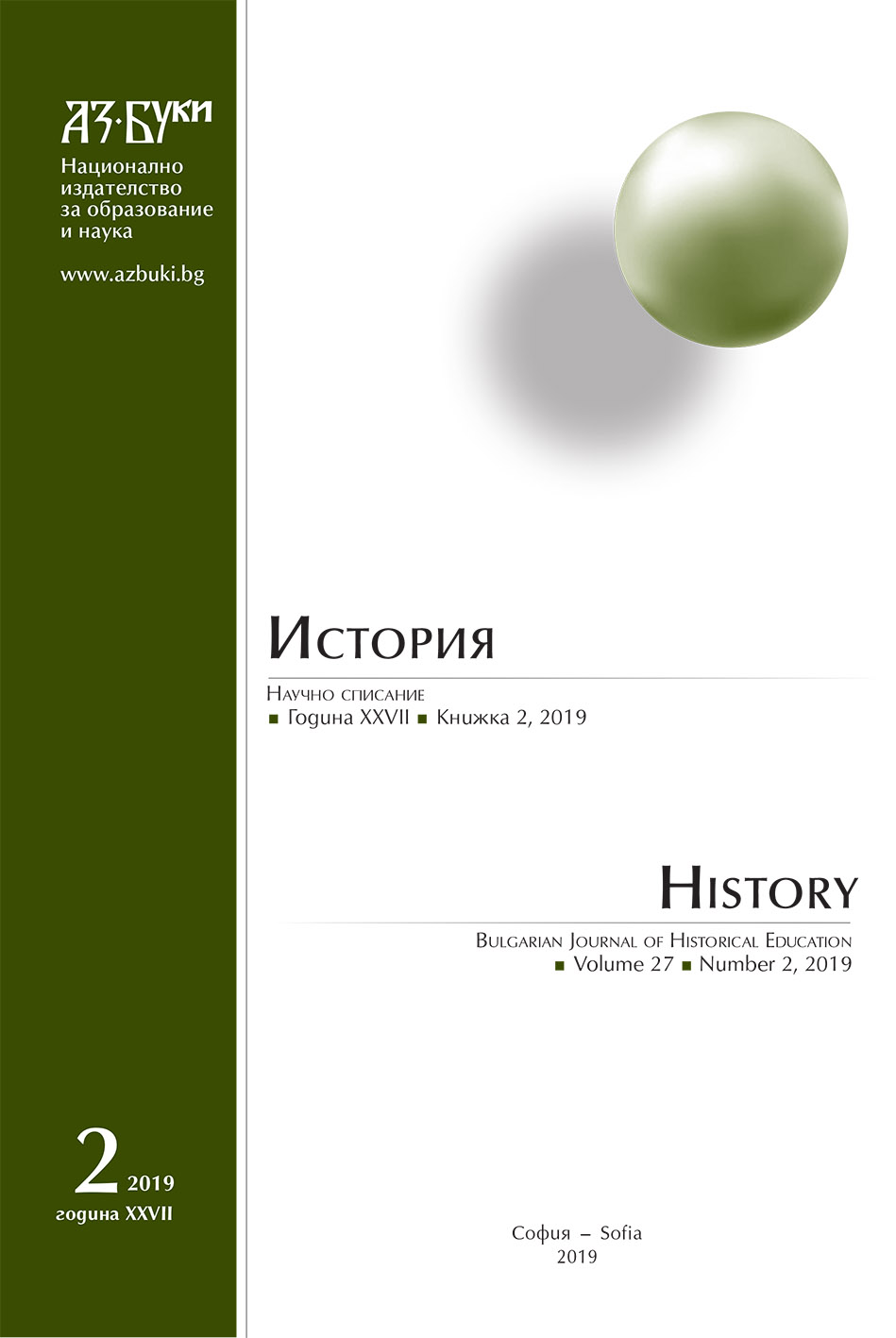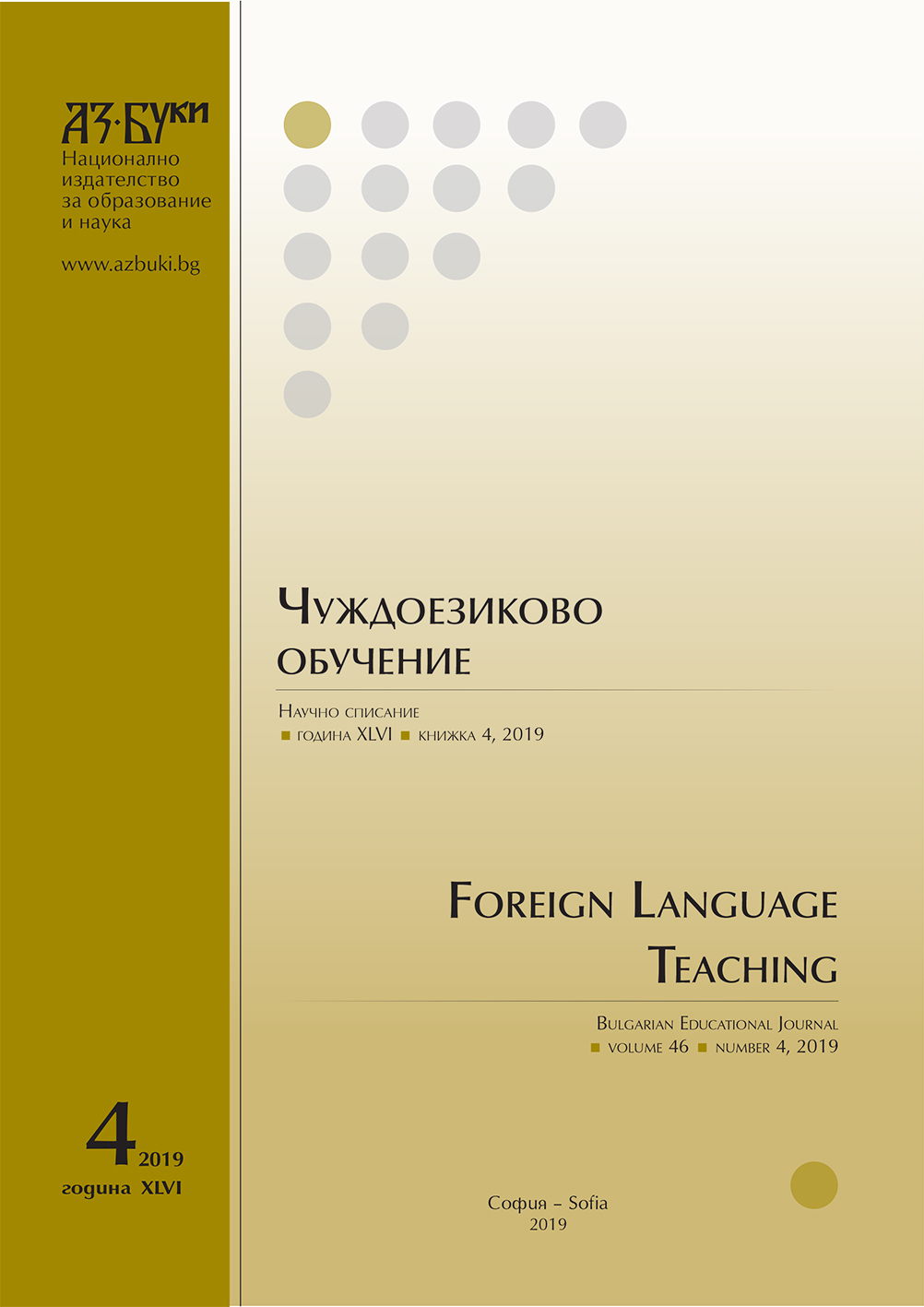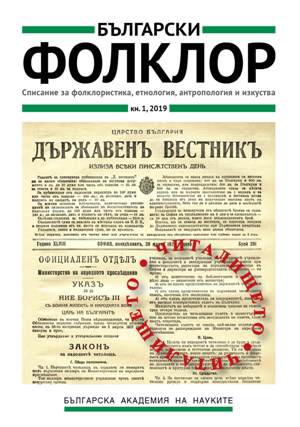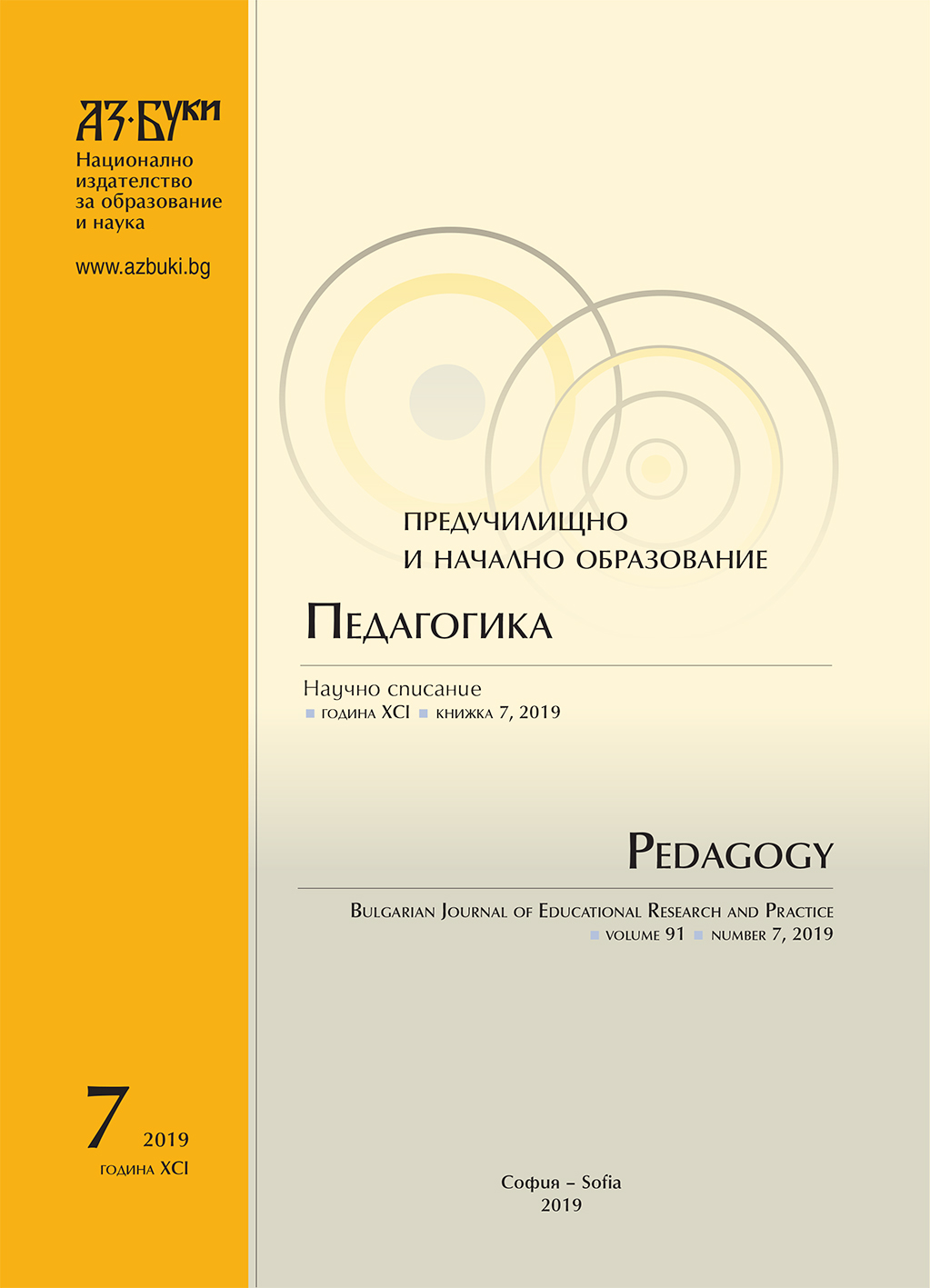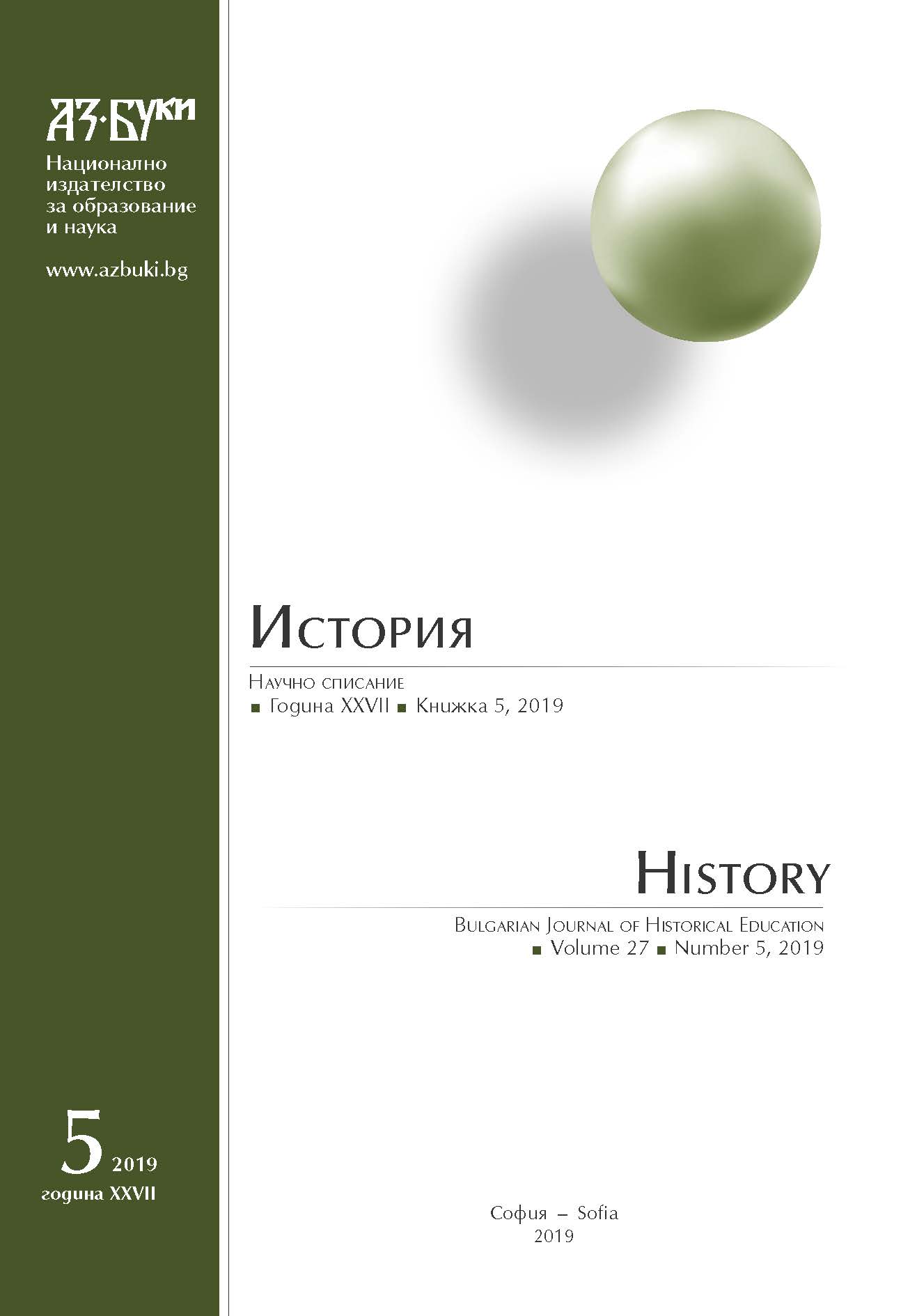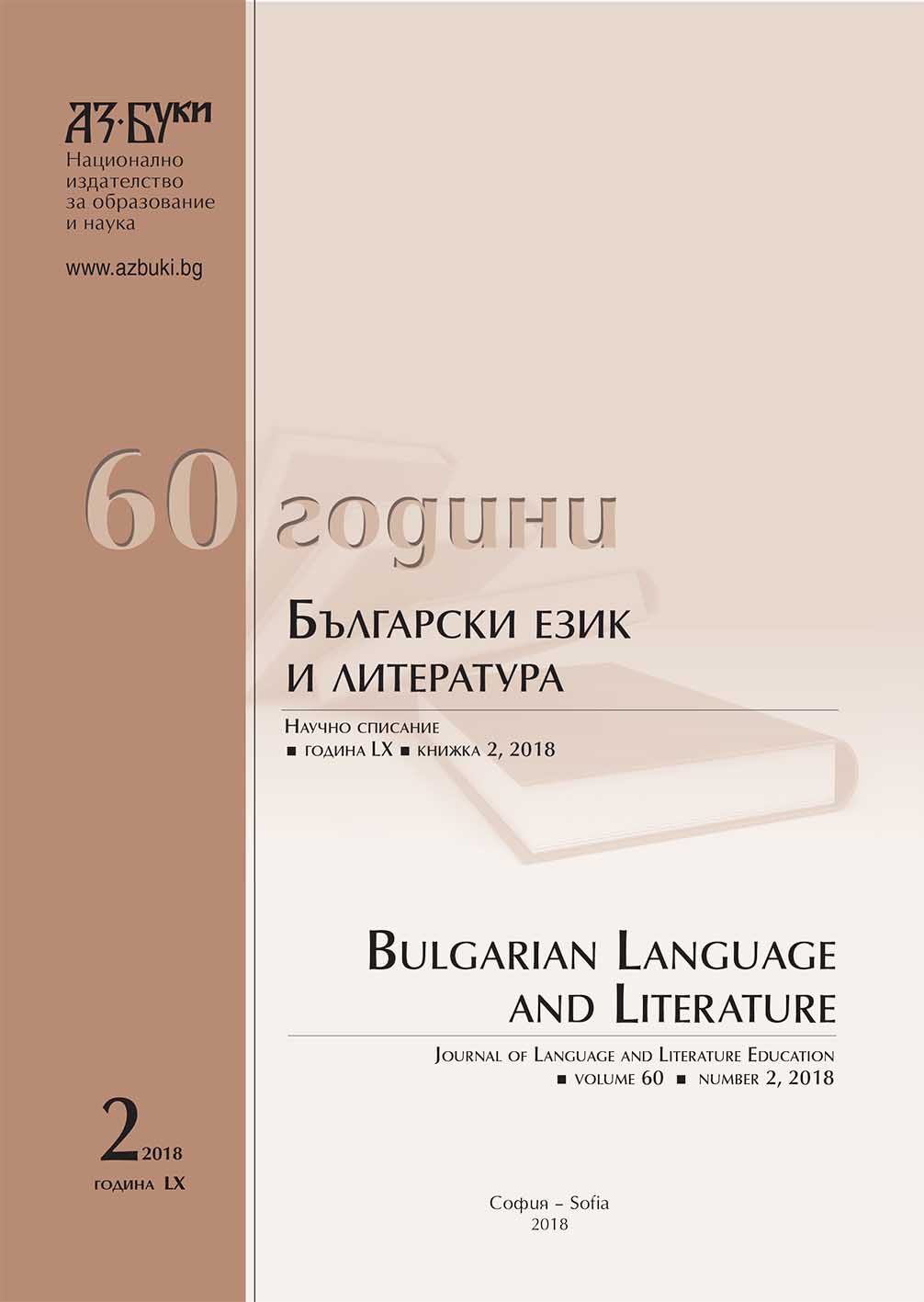
Assessment by Constructed-Response Items in Teaching of Bulgarian Language Based on Data of National Study (Bulgarian Research) and International Study (PIRLS 2006 – Progress in International Reading Literacy Study)
The main theme of the text is assessment by constructed response items in Teaching Bulgarian Language based on Data of National Study and International Study. The problems connected with creating of standards settings in school education are discussed.
More...
